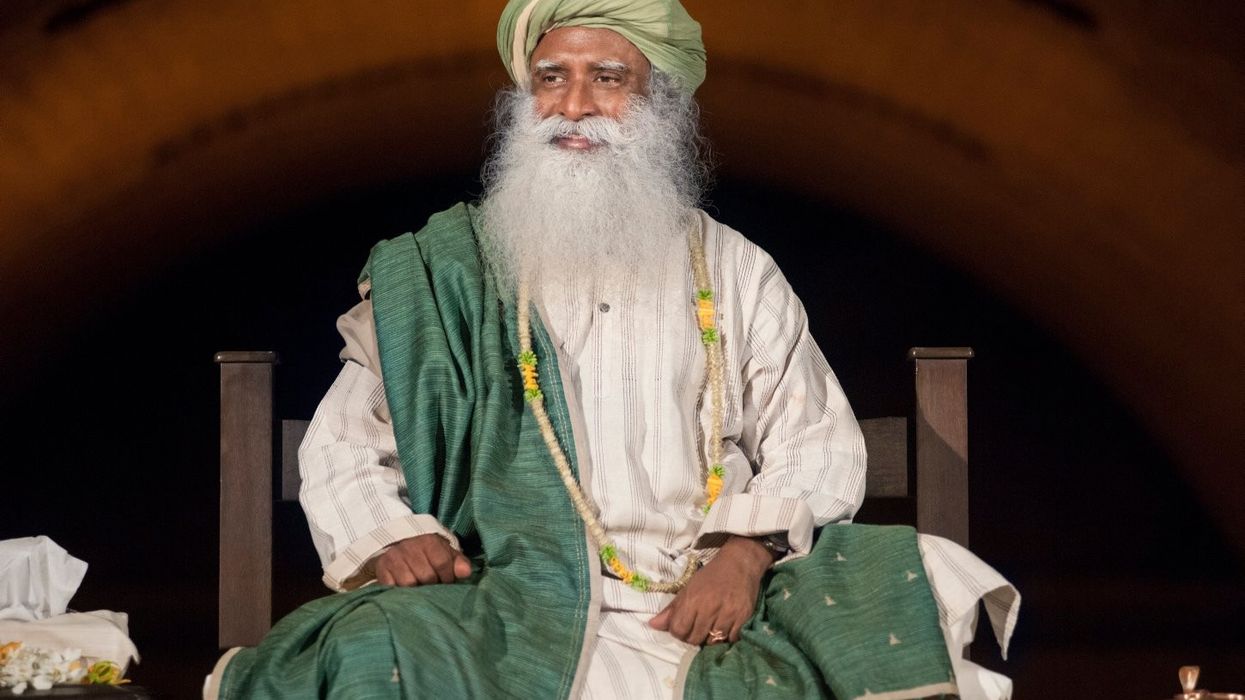Pakistan has seen an 80-per cent drop in coronavirus deaths but risks a spike in new cases after the upcoming Eid festival, a government health official said Sunday.
According to government data, Pakistan saw daily virus deaths peak at about 150 in June. On Saturday, only 24 new fatalities were reported over the previous day.
Zafar Mirza, a senior health advisor for Prime Minister Imran Khan, told reporters about six percent of those being tested were positive for coronavirus.
"The number of deaths caused by coronavirus has dropped by 80 percent in Pakistan," he said.
In all, Pakistan has confirmed more than 270,000 cases including nearly 5,800 deaths.
Some observers, however, warn the numbers do not reflect the true extent of cases in Pakistan, with many people reluctant to get tested and overall testing rates still low.
Faisal Sultan, who is helping lead the government's coronavirus response, said Sunday that only 23,000 out of an available 50,000 tests had been utilised in the previous 24 hours.
The health ministry did not immediately respond to a query about why the testing rate was so low.
Many people ignored social distancing guidelines and flocked to mosques and markets during the last religious holiday marking the end of Ramadan in May, helping fuel a subsequent surge in COVID-19 cases across Pakistan.
The increase prompted the World Health Organization to call for new lockdowns across Pakistan.
For the upcoming Eid al-Adha festival, which begins Friday in Pakistan, Mirza said people should not flock to animal markets and urged them to "buy sacrificial animals online to prevent a spike in new coronavirus cases".
"Any negligence... could make the situation worse," he said.


















Ten million stories of migration to Britain